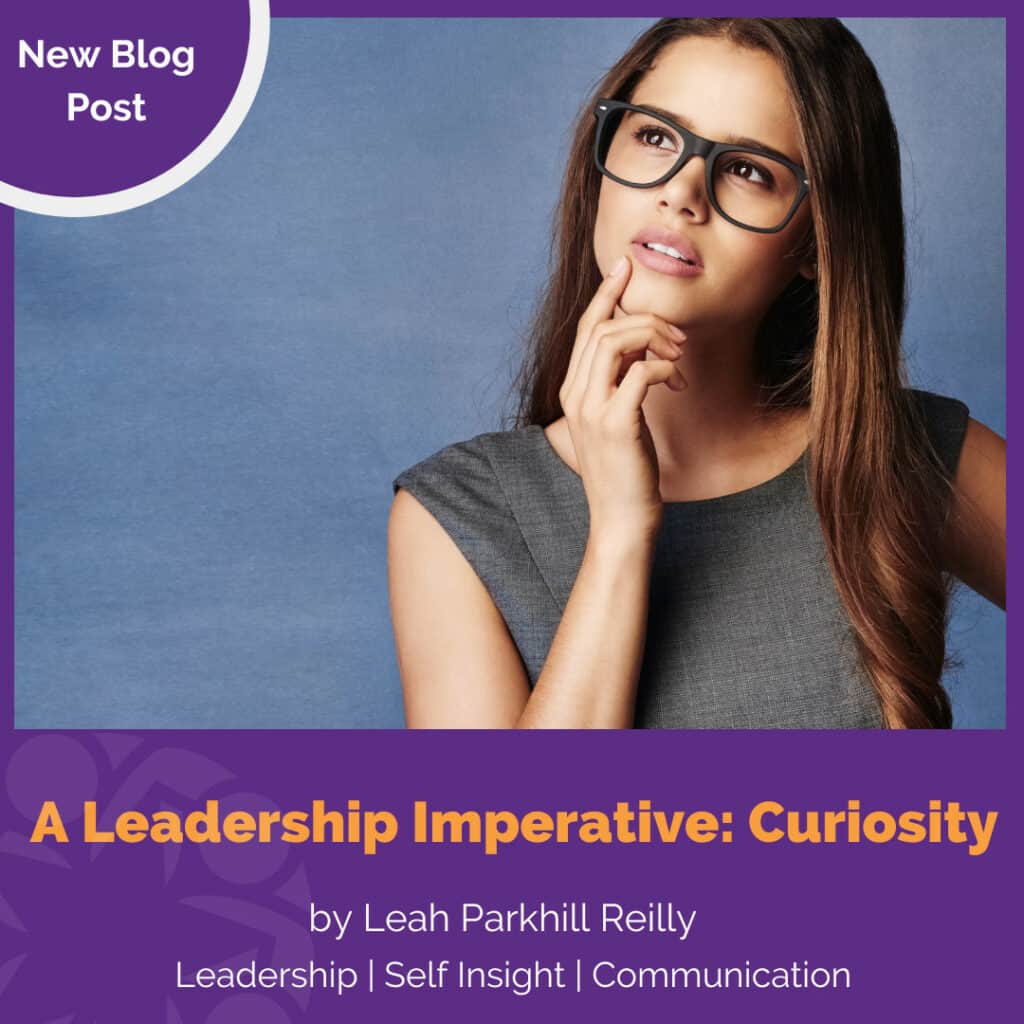We know to encourage continuous growth; leaders need to be open to what’s possible. We need to get curious and receptive to what others are sharing. Funnily enough, I was reminded of this when I started rewatching “Ted Lasso” with my two teenagers. In one episode Ted was in the local pub and placed a bet on a game of darts against the detestable ex-husband of his boss, Rebecca. The ex-husband boldly assumed he had a lock on the game, and here was the quote shared by the lovable protagonist, Ted:
“Guys have underestimated me my entire life and for years I never understood why – it used to really bother me. Then one day I was driving my little boy to school, and I saw a quote by Walt Whitman, it was painted on the wall there and it said, ‘Be curious, not judgmental.”
Spoiler alert: Ted goes on to win the game.
Our work at The Roundtable is grounded in helping leaders get very clear on themselves, both their shining strengths and where those strengths become liabilities. While the inward focus is critical to radically accept and be confident in one’s own skin, self-insight is only half of the equation. The other half is the willingness to let go ego and open ourselves up to the perspectives if those around us. This requires curiosity.
Curiosity is a willingness to be vulnerable, to see possibility and to consider other options. It requires one to shift from blame to awareness. It requires consideration of one’s own role in the broader dynamic. Curiosity reduces distance, it removes finger pointing and blame. Curiosity changes the narrative from the outward “why” (e.g. “Why did they do that? Why don’t they get it?”) and asks “what” instead (e.g. “What would mutual success look like?” “What assumptions am I making?” “What can I learn?”).
When leaders learn to get curious, they take the proverbial blinders off. Judgement is necessarily myopic; it narrows the view to be quite clear on what is right and wrong. Curiosity opens the aperture and asks leaders to step back and consider what they don’t know, what’s interesting or unexpected.
Operating from a space of curiosity makes good business sense. We live in a world of intersection and complexity. The game is consistently changing for leaders and sitting in a space of judgement is a recipe for disaster. Leaders need to be open to continuous growth and learning or risk missing opportunities that might benefit themselves, their team or their organization.
If you’re interested in encouraging curiosity in your leaders here are a few things to consider:
- Ask powerful questions. Our group coaching programs at The Roundtable are grounded in learning and practicing how to ask curious and powerful questions. Leaders get curious about the person, not the problem and help their fellow leaders explore their issues fully rather than jumping into solutions. Powerful questions help leaders dig deeper than what is presented on the surface. Consider how often are you asking questions rather than solving problems.
- Encourage growth mindset. In our long-term programs that are focused on shifting behaviour, it’s often two steps forward and one step back. We build in structures for judgement-free reflection to allow leaders to understand what they’ve learned. It makes it safe to make mistakes and turns challenges into learning opportunities. Consider how often you’re exploring what you’ve learned and celebrating progress over perfection both for yourself and your team.
- Listen. Seems straightforward but we spend a lot of time working with leaders on their levels of listening. We often listen with a million other things racing around in our brain and quickly jump to relating issues and challenges to our own past experiences. This shortcut while expedient and personally rewarding since we feel like we’re ticking a box off the to-do list (“check, problem solved) is a bias that misses the opportunity to really hear what the person wants, has tried, is considering and is worried about. Consider how often you’re setting aside all distractions and really listening to the other person.
Curiosity is a need-to-have skill for today’s leaders. If you’d like to embed leadership programming in your organization that cultivates curiosity, get in touch. We’d love to share how our integrated coaching systems can support your goals.




